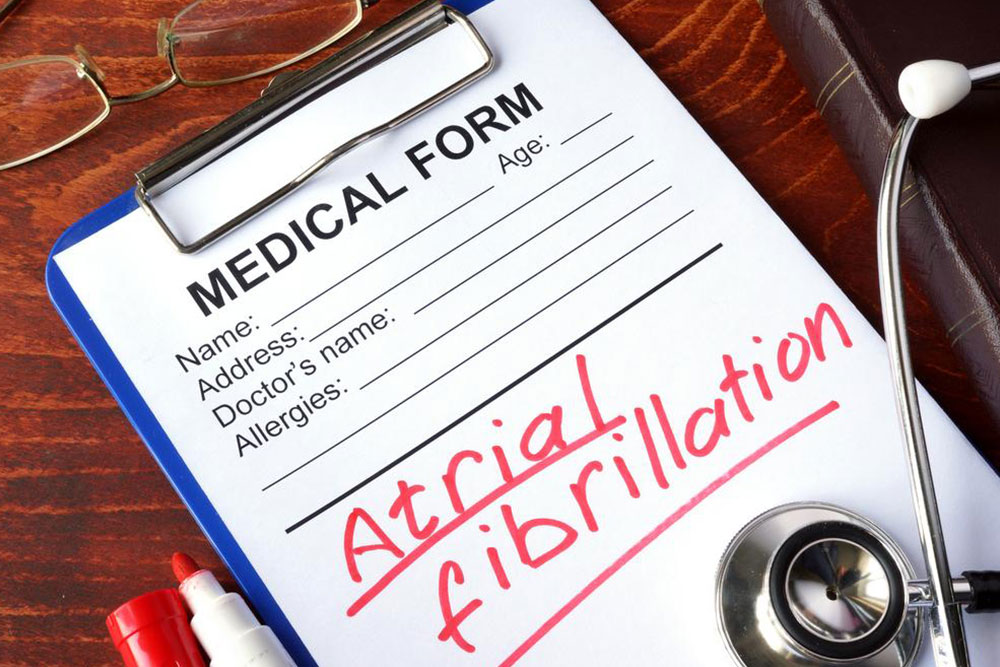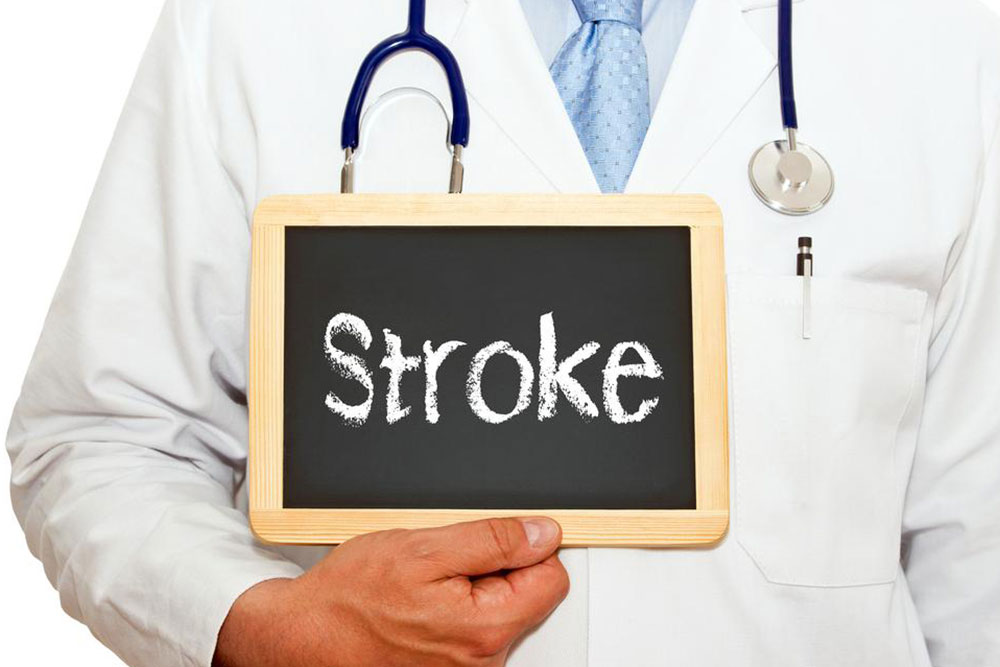Preventing Stroke Risks Associated with Atrial Fibrillation
Learn crucial strategies to prevent strokes caused by atrial fibrillation (AFib). Early symptom recognition and proper treatment, including medication and pacemaker options, can save lives. Consult healthcare professionals promptly to manage AFib effectively and reduce stroke risk.

Preventing Stroke Risks Associated with Atrial Fibrillation
In recent years, the incidences of strokes and cardiac emergencies have seen a significant rise. These conditions are influenced not only by lifestyle choices but also by a lack of awareness about underlying health issues. Atrial fibrillation, or AFib, is a leading contributor to strokes, affecting over 2 million individuals in the United States. Blood clots formed during AFib can disrupt heart function and travel to the brain, causing strokes.
Recognizing symptoms early can be lifesaving, as many AFib-related strokes are preventable with accessible treatments.
Understanding AFib
Awareness of AFib symptoms is essential for prompt diagnosis. While occasional episodes may be symptomless, persistent AFib can cause dizziness, fatigue, weakness, lightheadedness, confusion, shortness of breath, chest discomfort, and decreased energy levels. If such signs occur, consulting a healthcare professional is crucial and following anticoagulation treatment guidelines can be life-saving.
Effective AFib stroke treatments are widely available. Depending on the patient’s condition, options include medication or pacemaker implantation. Pacemakers can help eliminate blood clots, reducing stroke risk. For more information, consult organizations like the National Stroke Association or schedule an appointment with specialists at Cleveland Clinic. Early diagnosis and intervention are key to managing AFib and preventing stroke complications.










